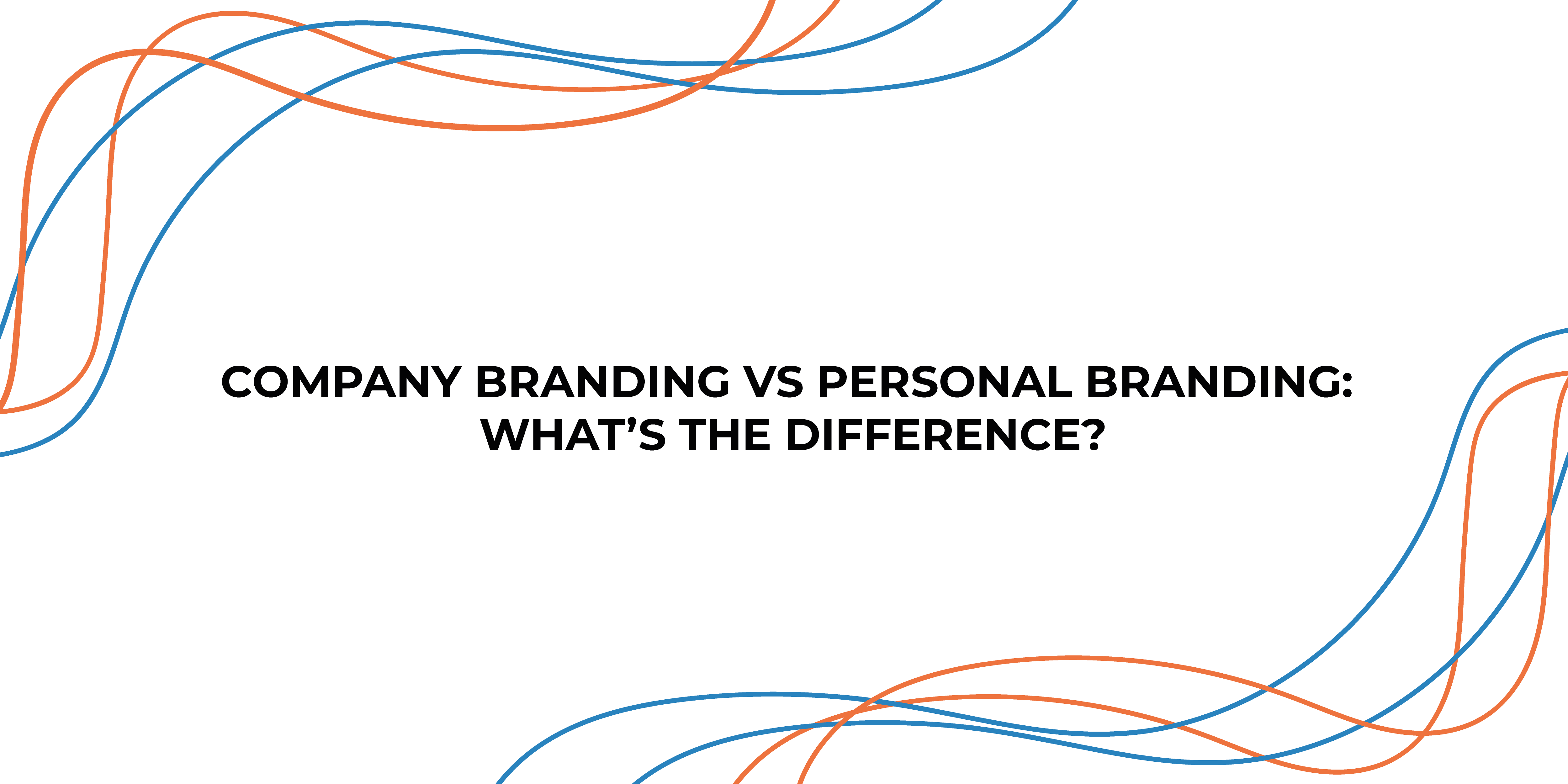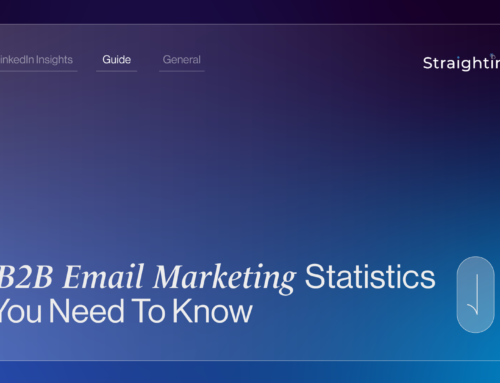Branding has almost become a kind of buzzword in the business realm lately, especially with the recent chatter around personal branding. But what exactly is branding and what is the difference between personal branding and company branding?
It is important to know the distinction between company branding and personal branding, each of which possesses its own unique essence and techniques. This way, you can utilise each of them to your advantage and create both public and company personas that can help your objectives.
Together, let’s delve into the depths of personal and company branding, unravelling the differences in their approaches. While both are undeniably crucial, understanding their disparities is key to crafting a well-rounded and impactful brand strategy.
What Is Personal Branding?
Personal branding is an individual-centric approach that focuses on promoting your own professional identity. This can involve the cultivation of a distinct image, reputation, and perception, which promotes your values, skills, and personality. As professionals are beginning to look more into thought leadership, personal branding has become a potent force, especially in fields like entrepreneurship, consulting, and social media influence.
What Is Company or Business Branding?
On the flip side, company or business branding is a broader strategy that revolves around shaping and managing the identity of an entire organisation. This can include the company’s values, mission, and overall personality, aiming to create a cohesive and memorable image around its products, services, and unique selling points. Business branding typically incorporates a collective identity that reflects the company’s culture, products, and services.
Key Differences
One of the primary distinctions between personal and company branding is the flexibility. Personal branding is inherently more fluid and adaptive, as it revolves around an individual’s growth, evolving skills, and changing aspirations. You can easily pivot your personal brand more swiftly as your career progresses; this could be due to changes in your career path or personality.
On the other hand, company branding, while adaptable, tends to move at a slower pace due to the need for cohesive organisational alignment. Changes in a company’s brand often require strategic planning and implementation across various departments, making flexibility a more deliberate and measured process. It can also be difficult to change a company brand when it has been well-established and solidified in the market, as customers may not recognise your new company brand.
One key hallmark of personal branding is individuality. Personal brands are crafted around the unique qualities, skills, and perspectives of an individual. Authenticity is a key driver, and personal branding encourages individuals to showcase their distinctiveness. This emphasis on individuality allows for a more personal connection with the audience, fostering trust and loyalty.
In contrast, company branding focuses on creating a shared identity that represents the collective efforts and values of the entire organisation. While individuality is still important to distinguish your company from competitors, it is often shaped into a larger narrative that encapsulates the company’s shared values and goals.
Different Tone and Messaging
As a result of these key differences, the tone and messaging surrounding your personal and company branding will be different and tailored to their respective scopes. Personal branding calls for a more conversational and direct tone, allowing you to connect with your audience on a personal level, while the messaging is often crafted to reflect your personal values, expertise, and the story you wish to share.
Company branding, on the other hand, requires a more strategic and consistent tone, while tends to be more formal and professional. This often involves a more formal and structured approach, as companies aim to communicate their value proposition, mission, and commitment to their audience.
The Crucial Interplay
While personal and company branding differ in their approaches, it’s imperative to recognise their symbiotic relationship. Key individuals can often be the face of a company, such as CEOs or founders; take a look at Jeff Bezos and Amazon for example. As such, their personal brands can significantly impact the perception of the organisation.
Likewise, a company’s brand can influence the personal brands of its employees. Striking a balance between personal and company branding is key to fostering a cohesive and impactful brand presence.
At the end of the day, personal branding and company branding are two sides of the same coin, each with its own set of techniques and nuances. Whether you’re a solo entrepreneur or a huge corporation, understanding branding will empower you to create an enduring brand presence.







